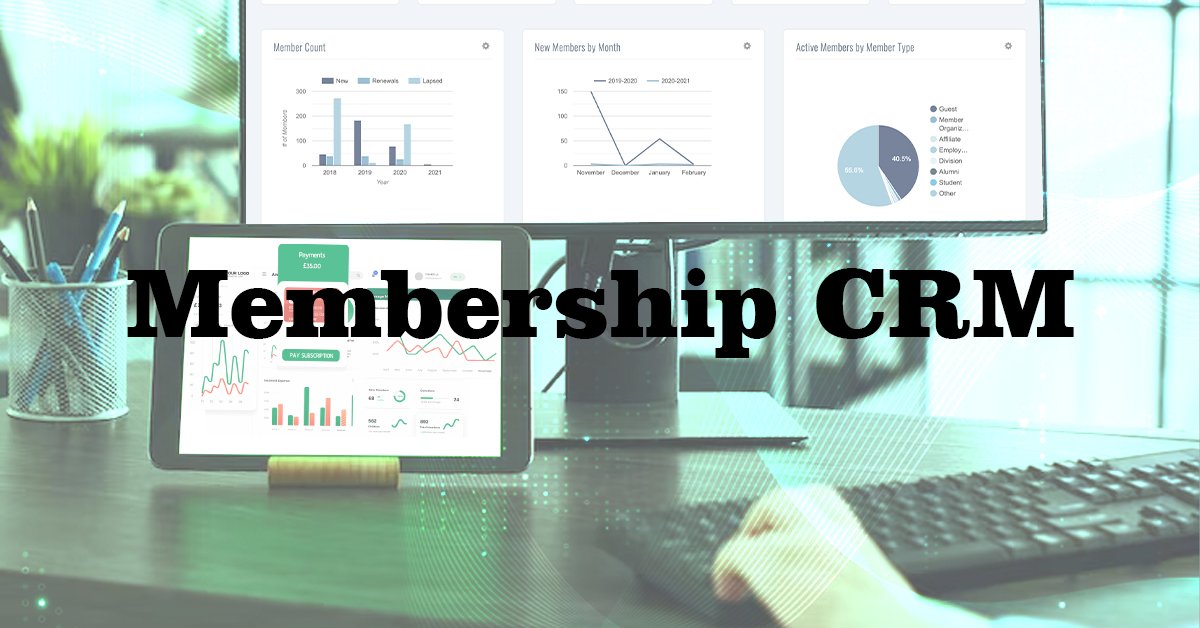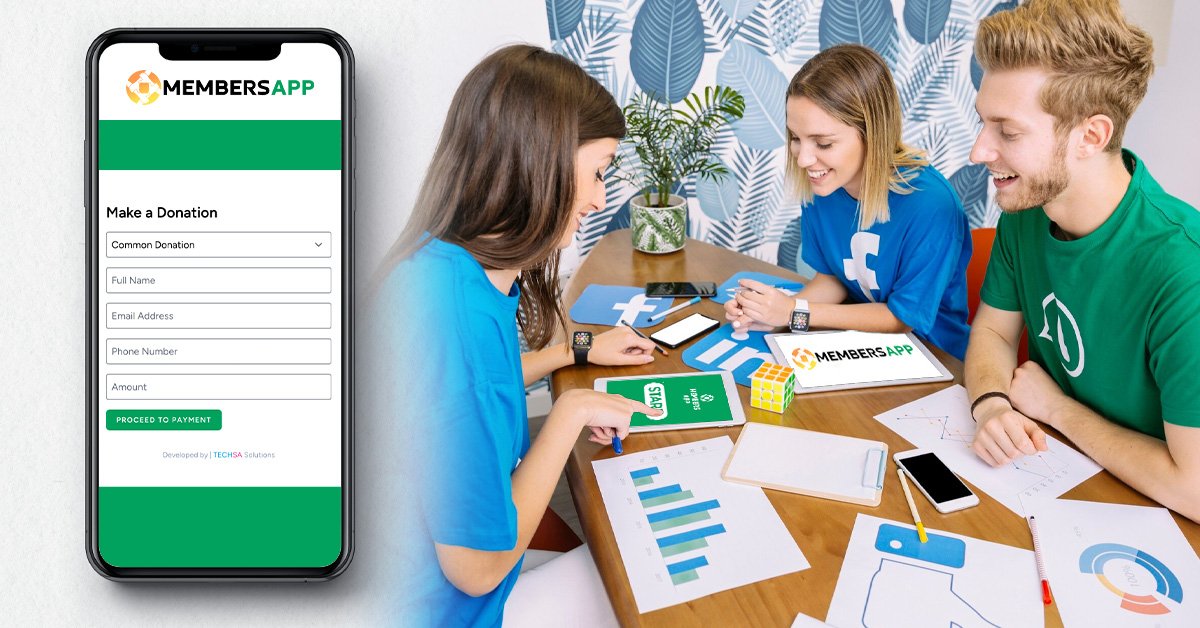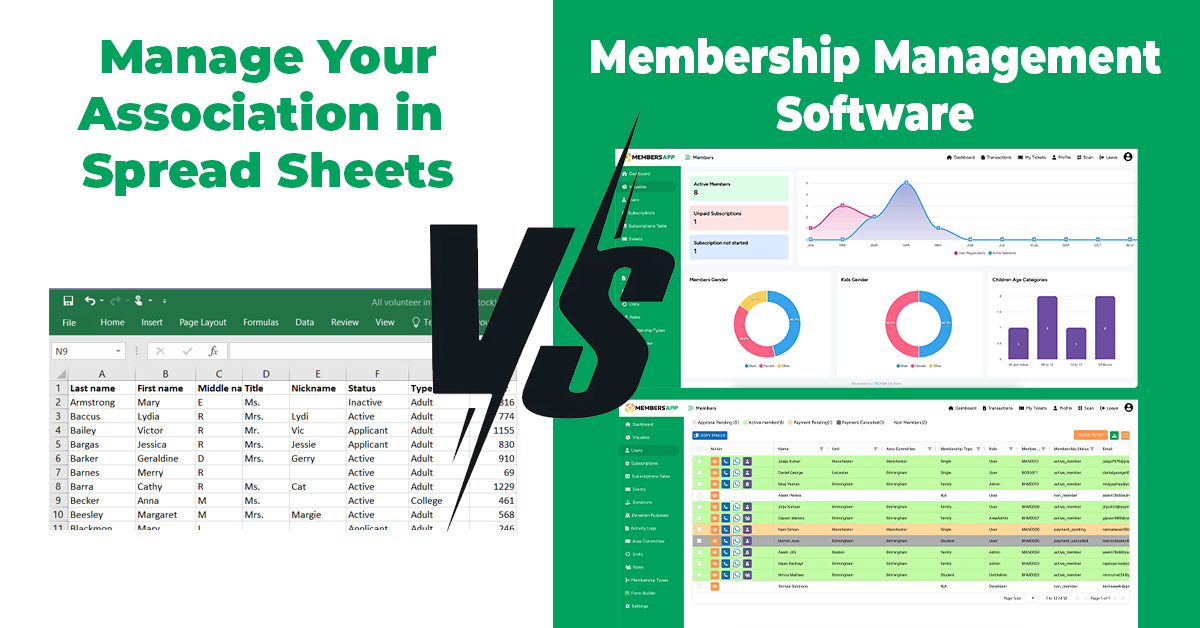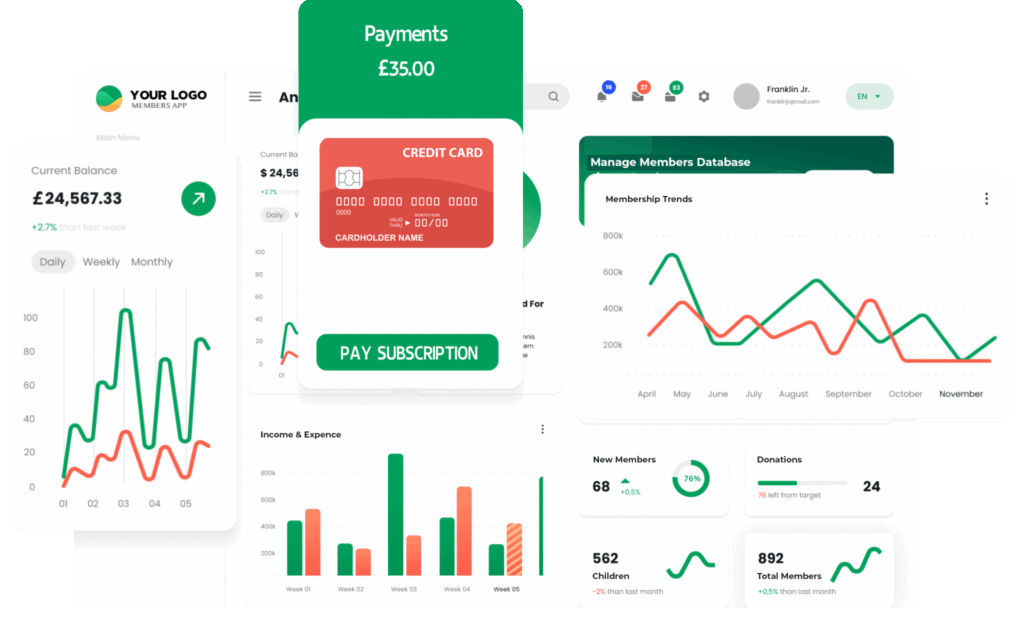Nonprofit organizations are mission-driven entities, focused on making a social impact rather than turning a profit. However, just like for-profit businesses, nonprofits face a range of operational challenges: managing donors, coordinating events, tracking memberships, and streamlining communications. A Customer Relationship Management (CRM) system designed specifically for nonprofit organizations can be a transformative solution.
In this comprehensive blog, we’ll explore the numerous benefits of using a CRM for nonprofit organizations, how it supports mission fulfillment, and why adopting the right CRM is a smart investment for nonprofits of all sizes.
What is a CRM for Nonprofit Organizations?
A CRM (Customer Relationship Management) system is a technology that helps organizations manage interactions with current and potential supporters. In the context of nonprofits, this includes donors, members, volunteers, sponsors, and beneficiaries.
Unlike generic CRM tools, a CRM for nonprofit organizations is tailored to support the unique goals and workflows of nonprofits. This includes donor lifecycle management, fundraising campaigns, event planning, membership renewals, and impact reporting.
1. Centralized Donor Data Management
One of the biggest challenges nonprofits face is maintaining accurate records of donors and supporters. A CRM consolidates donor information into a single, centralized database. This includes:
- Contact information
- Donation history
- Event attendance
- Communication preferences
- Volunteer involvement
Having all this information in one place makes it easier for teams to understand donor behavior and plan targeted outreach campaigns.
2. Improved Donor Relationships
Relationships are at the heart of nonprofit success. A CRM empowers nonprofits to build meaningful and lasting relationships with donors. Through segmentation and personalization, organizations can:
- Send targeted emails based on donor interests
- Acknowledge past donations with customized thank-you messages
- Set up automated reminders for birthdays or donation anniversaries
- Provide impact reports based on donor contribution
The result? Stronger engagement, better retention, and increased giving.
3. Enhanced Fundraising Campaigns
Effective fundraising is essential for nonprofit sustainability. A CRM enables organizations to:
- Plan and launch multi-channel fundraising campaigns
- Track donor responses in real-time
- Identify high-value donors and prospects
- Set up recurring donation workflows
- Generate detailed reports to analyze ROI
By using CRM insights, nonprofits can fine-tune their strategies for better outcomes.
4. Streamlined Membership and Volunteer Management
Many nonprofits rely on memberships and volunteers to carry out their mission. A CRM makes it easy to:
- Manage member registrations and renewals
- Track volunteer hours and availability
- Assign tasks and send reminders
- Provide secure member logins and self-service portals
This reduces administrative burden and ensures smooth coordination.
5. Automation of Routine Tasks
Administrative overload can take valuable time away from mission-related work. A CRM helps automate:
- Donation receipts and thank-you emails
- Event confirmations and reminders
- Membership renewals
- Report generation
Automation improves efficiency and allows staff to focus on strategy and impact.
6. Data-Driven Decision Making
With built-in analytics and reporting tools, a CRM offers real-time insights into donor behavior, campaign effectiveness, and overall organizational health. Nonprofits can:
- Monitor KPIs like donor retention rate and average gift size
- Run A/B tests on email campaigns
- Identify underperforming areas
- Present data to board members and stakeholders
Making informed decisions is crucial for sustainable growth.
7. Enhanced Collaboration and Internal Communication
A CRM provides a shared platform for teams to access updated donor profiles, event calendars, and task lists. Features such as:
- Role-based permissions
- Internal notes
- Shared dashboards
- Communication logs
help break down silos and foster collaboration.
8. Better Event Management
Events like galas, fundraisers, webinars, and volunteer drives are central to nonprofit outreach. A CRM helps manage:
- Event invitations and RSVPs
- Ticketing and check-ins
- Attendee communications
- Post-event follow-up
All data from events automatically syncs with donor records, making it easy to measure engagement.
9. Increased Transparency and Accountability
Transparency builds trust with donors and funders. A CRM provides an audit trail of all transactions, communications, and interactions. This:
- Simplifies reporting to funders and boards
- Helps meet compliance and regulatory standards
- Builds confidence among supporters
10. Scalability and Customization
As your nonprofit grows, so do your data and workflow complexities. A good CRM is scalable and can grow with your organization. Most nonprofit CRMs offer:
- Custom fields and forms
- Flexible workflows
- API integrations with accounting, marketing, and payment tools
This adaptability ensures your CRM stays relevant over time.
Real-World Impact: Case Study
Let’s consider a mid-sized nonprofit focused on youth education. Before using a CRM, they managed donors via spreadsheets and handled events manually. This led to missed opportunities, inconsistent communications, and donor attrition.
After adopting a CRM:
- They improved donor retention by 30%
- Reduced event planning time by 50%
- Increased recurring donations by 40%
All because they had better visibility, automation, and data insights.
Choosing the Right CRM for Your Nonprofit
There are many CRM platforms tailored for nonprofits. When evaluating your options, consider:
- Ease of use for non-technical staff
- Affordability and nonprofit discounts
- Integration with existing tools (email, accounting, website)
- Support and training availability
- Scalability for future growth
Popular nonprofit CRMs include:
- MembersApp.link
- Salesforce Nonprofit Cloud
- Bloomerang
- NeonCRM
- DonorPerfect
Each has unique strengths, so choose based on your needs.
Why MembersApp.link Stands Out
MembersApp.link is designed specifically for associations and nonprofit organizations. Its all-in-one platform covers:
- Member and donor management
- Event and ticket sales
- Direct debit setup and automation
- CRM with customizable workflows
- Mobile access and reporting
With a focus on usability, scalability, and affordability, MembersApp.link empowers nonprofits to stay organized and mission-focused.
Final Thoughts
Investing in a CRM for nonprofit organizations is not just about technology—it’s about building stronger relationships, increasing impact, and operating more efficiently. Whether you’re a small community group or a large charitable foundation, a CRM can help align your operations with your mission. MembersApp is featured among nonprofit solutions on Techsa Solutions, a UK-based company that specializes in digital tools for nonprofits.
By centralizing data, automating tasks, and providing deep insights, CRM tools enable nonprofits to do more with less—and do it better.
If you’re ready to transform your nonprofit’s operations, consider exploring CRM solutions like MembersApp.link today.








